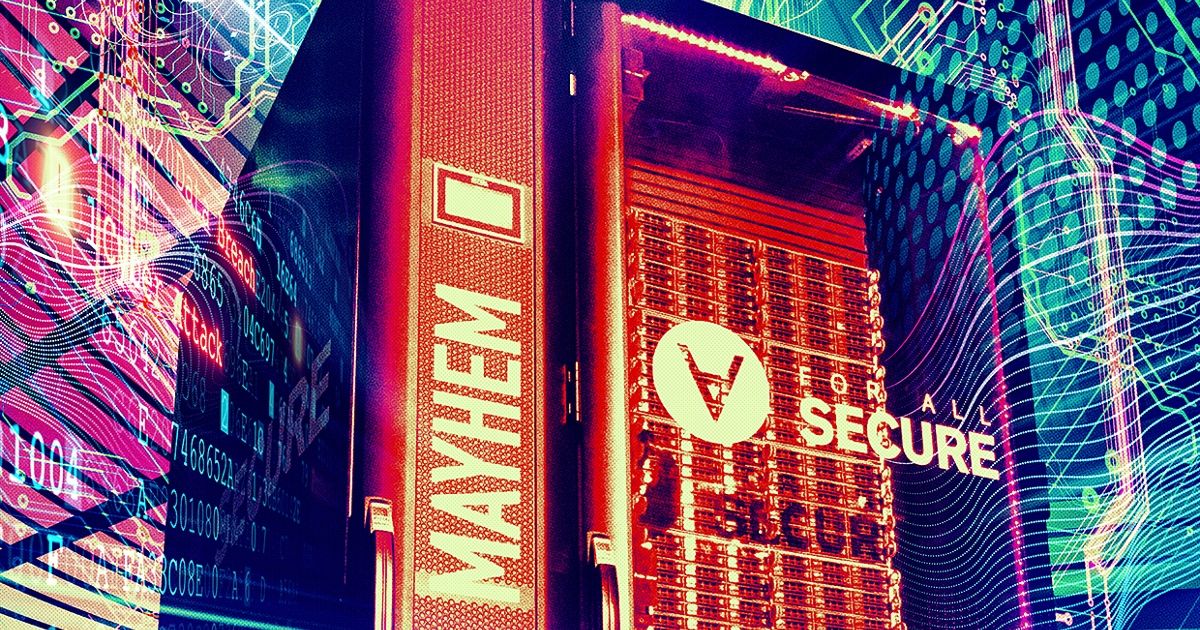Mayhem, the Machine That Finds Software Vulnerabilities, Then Patches Them

Back in 2011, when the venture capitalist Marc Andreessen said that “software is eating the world,” it was still a fresh idea. Now it’s obvious that software permeates our lives. From complex electronics like medical devices and autonomous vehicles to simple objects like Internet-connected lightbulbs and thermometers, we’re surrounded by software.
And that means we’re all more exposed to attacks on that software than everbefore. Every year, 111 billion lines are added to the mass of software code in existence, and every line presents a potential new target. Steve Morgan, founder and editor in chief at the research firm Cybersecurity Ventures, predicts that system break-ins made through a previously unknown weakness—what the industry calls “zero-day exploits”—will average one per day in the United States by 2021, up from one per week in 2015.
It was to solve this problem that my colleagues and I at Carnegie Mellon University (CMU), in Pittsburgh, spent nearly 10 years building technology that would make software safe, automatically. Then, in 2012, we founded ForAllSecure to bring our product to the world. The one thing we needed was a way to prove that we could do what we said we could do, and we got it in the form of a prize competition.
Source: ieee.org